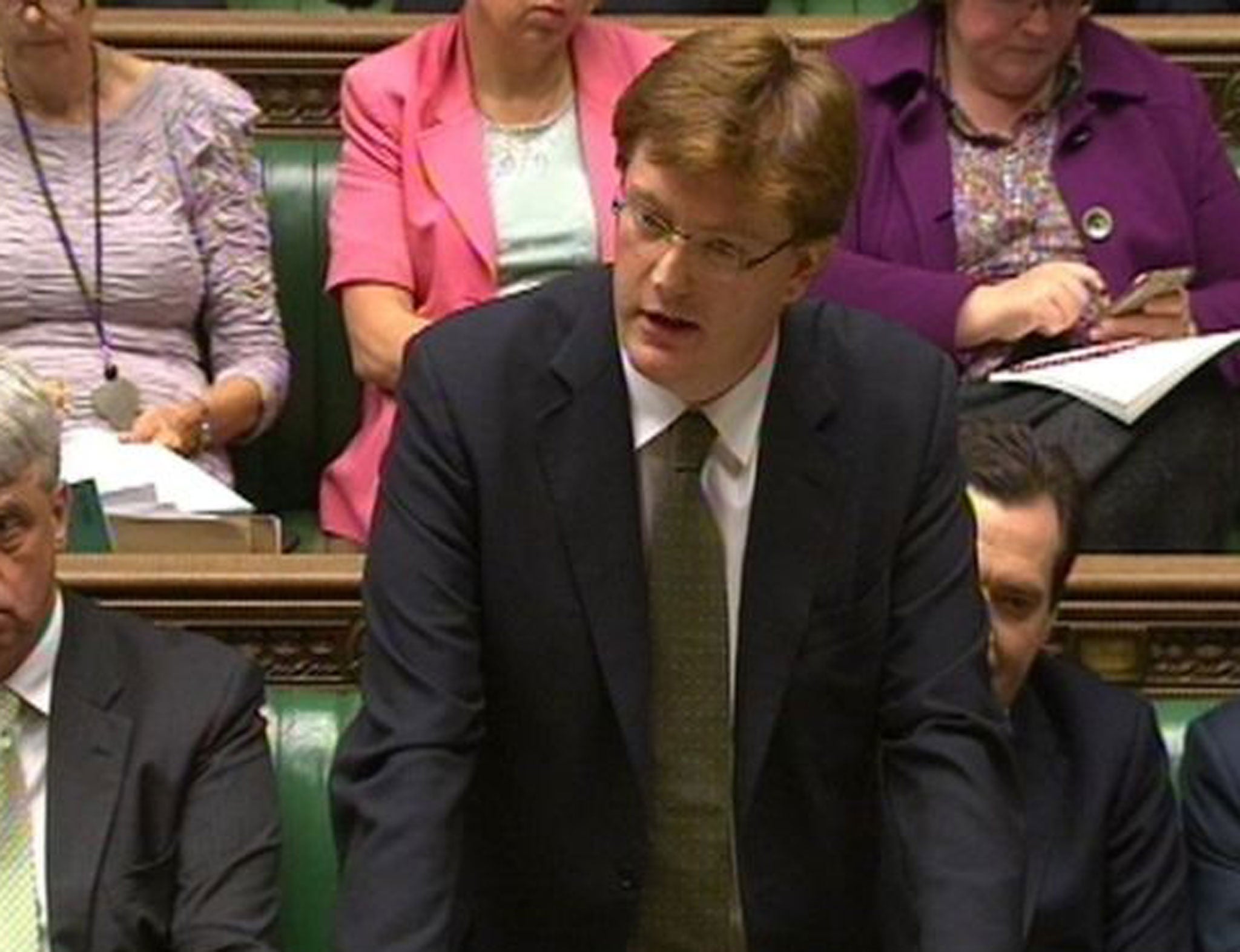Spending Review: The five-year plan for infrastructure with shaky foundations
Ministers have said they will spend £100bn on projects – but how much of that is new? Oliver Wright gets digging

Roads, railways, housing and power stations will share more than £100 billion of capital investment over the next five years, Danny Alexander announced this morning.
Some of the projects, in the best tradition of political spin, had already been announced. Others, it turned out, may never be built at all. But a few could, with a fair wind, perhaps transform Britain’s ageing roads, railways and power stations for the 21st century. Danny Alexander, Chief Secretary to the Treasury, set out how ministers intend to spend nearly £100bn of taxpayers’ money over the next five years to, as he put it, “build an infrastructure of which Britain can be proud”.
But while some of the transport, housing and energy projects announced were genuinely new, some had a very familiar ring. Others, the small print of his announcement showed, were merely aspirations or “feasibility” studies. There was also no new money. Hidden away in the detail was the rather unpalatable fact that, despite the hype, capital spending will actually fall in 2015-16 to just 1.5 per of GDP. So what is new and what is not?
Roads
Mr Alexander told MPs he was announcing the biggest programme of investment in Britain’s roads in 40 years – equating to £28bn over the five years. But a significant proportion of the projects are already well under way – while other may never start at all. Two of the most high-profile projects – making the A1 to Scotland completely dual carriageway and improving the A303 to the West Country – are merely feasibility studies at this stage. However, 25 projects, including major motorway upgrade works around congested junctions, are new.
Schools
Mr Alexander announced plans to spend £21bn by 2020 to build classrooms for more than 275,000 new primary school places and 245,000 new secondary school places. Some 150 schools in poor condition will be rebuilt by 2017. The total pot of money had been announced beforehand – what is new is how many places will be created and a speeding up of the refurbishment programmes.
Broadband
The Government had previously made a commitment that 90 per cent of the UK’s population would be covered by fast broadband by 2015. But Mr Alexander has now extended this target to 95 per cent of people by 2017.
Housing
The Government has already said it will build 200,000 new, affordable houses by the next election. Mr Alexander went well beyond that, saying the Government would build a further 165,000 houses by 2018 – a rate of 55,000 a year. But that is only marginally more than the 53,000 affordable houses that were built in 2009 and 2010.
Flood prevention
This was a genuinely new announcement. Mr Alexander set, for the first time, a specific long-term funding settlement for flood defences, rising to £370m by 2016, which will be guaranteed until 2021. Ministers also announced that they had reached a deal with the insurance industry to ensure that companies did not withdraw cover from people living in areas at high risk of flooding.
Rail
Again, much of what Mr Alexander had to say was not new. He confirmed government funding for HS2, and confirmed the announcement that £9bn will be spent on major rail projects – such as the electrification of the railway from London to Cardiff by 2019. Only two new funding announcements were made: £2m to investigate the feasibility of Crossrail 2 – a new rail link between north and south London, and funding for work to begin on electrifying the line which connects Gospel Oak and Barking in London.
Prisons
Another new announcement. The Government is investing £250m to build a new super-prison in North Wales. But much of the money will come from shutting down old Victorian-era prisons, which are expensive to run.
Energy
Renewing Britain’s ageing power stations, investing in renewable energy supplies and exploiting shale gas were included in Mr Alexander’s statement. These projects will transform the power sector, but the Government won’t really be funding them: we will all be paying for the new power stations and infrastructure through higher energy bills.
Subscribe to Independent Premium to bookmark this article
Want to bookmark your favourite articles and stories to read or reference later? Start your Independent Premium subscription today.

Join our commenting forum
Join thought-provoking conversations, follow other Independent readers and see their replies